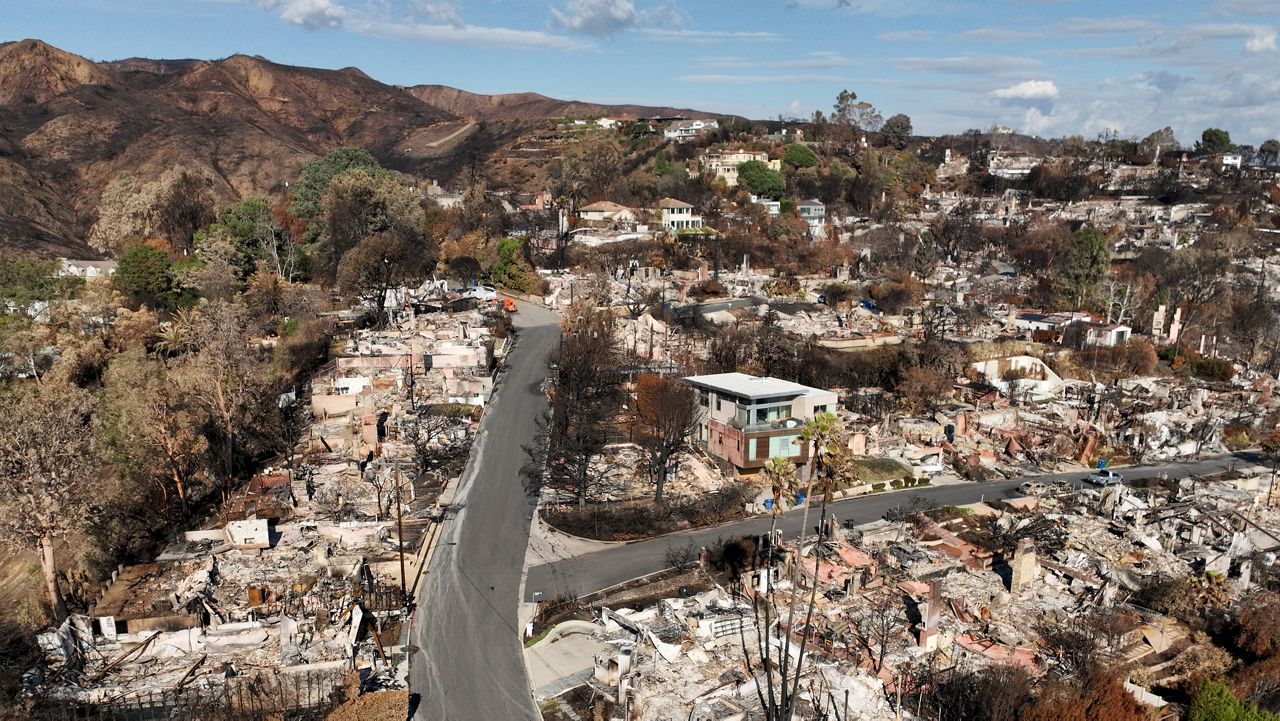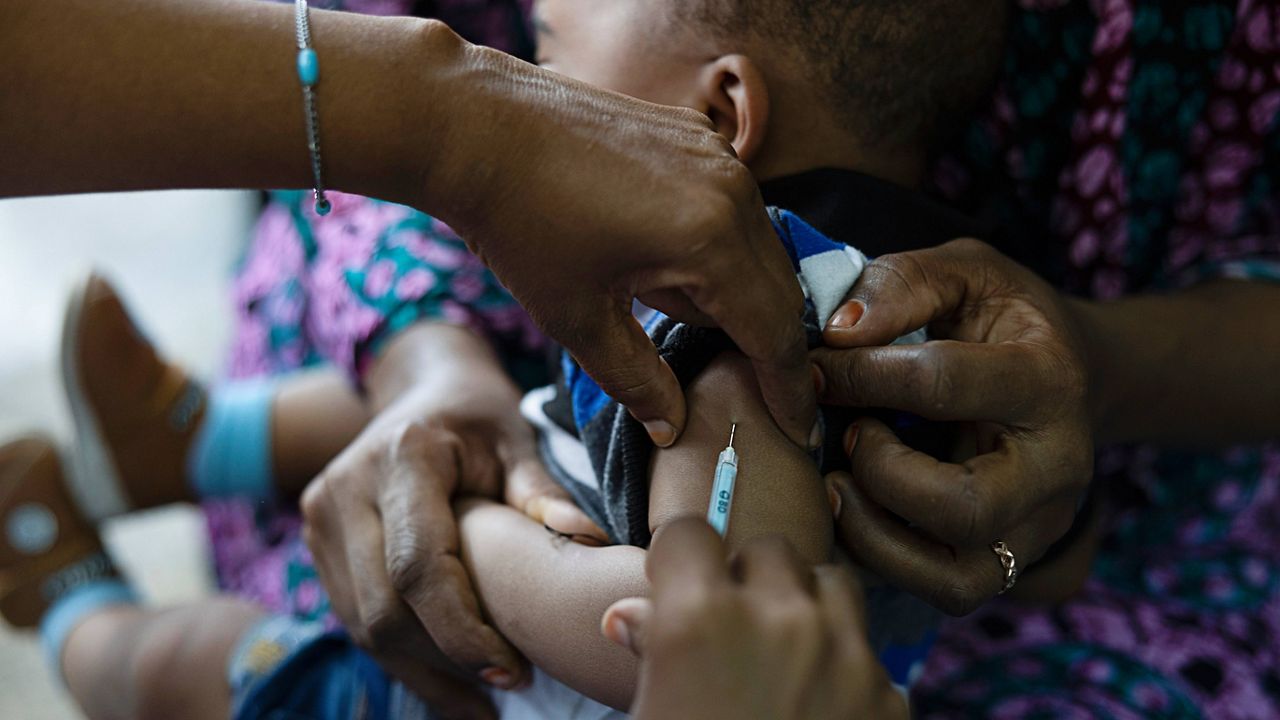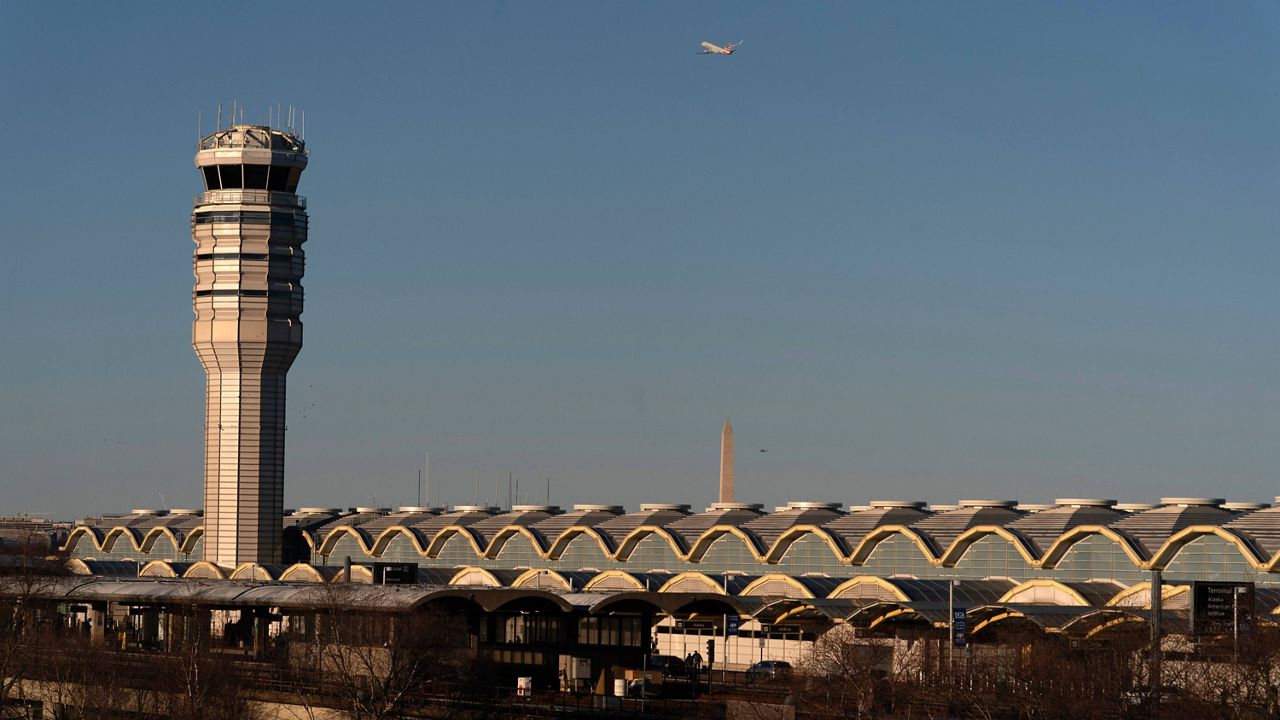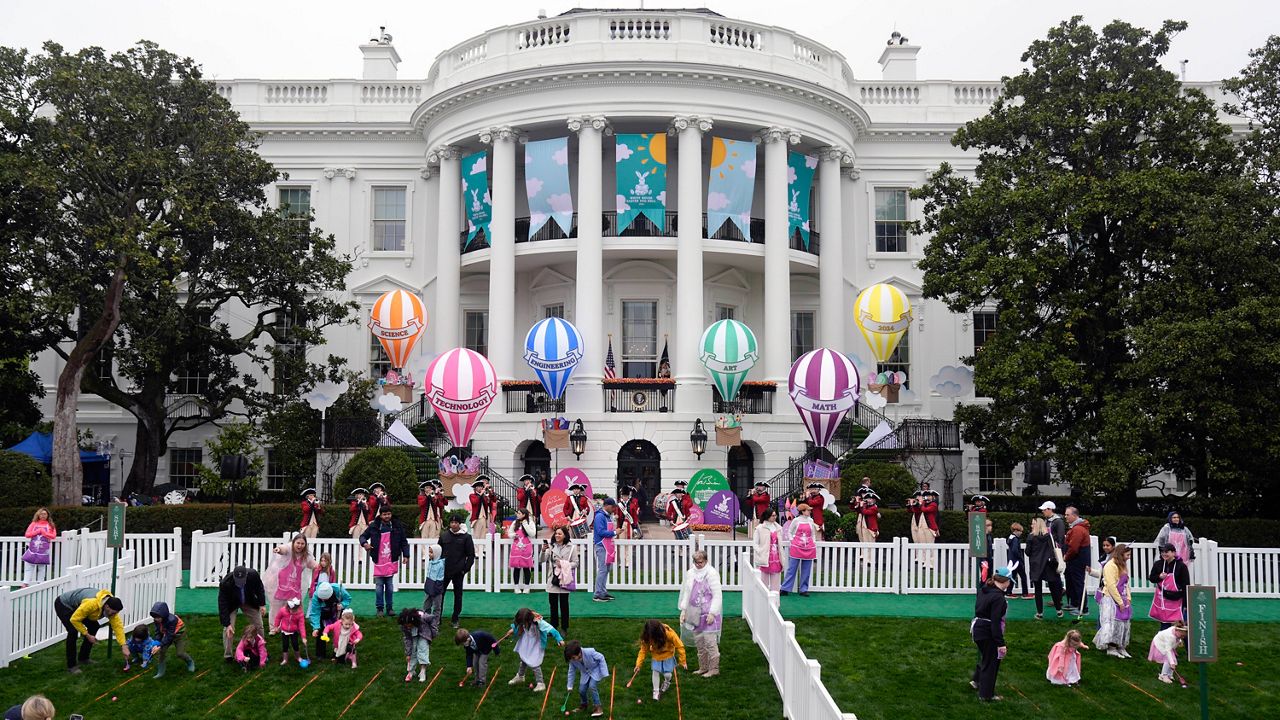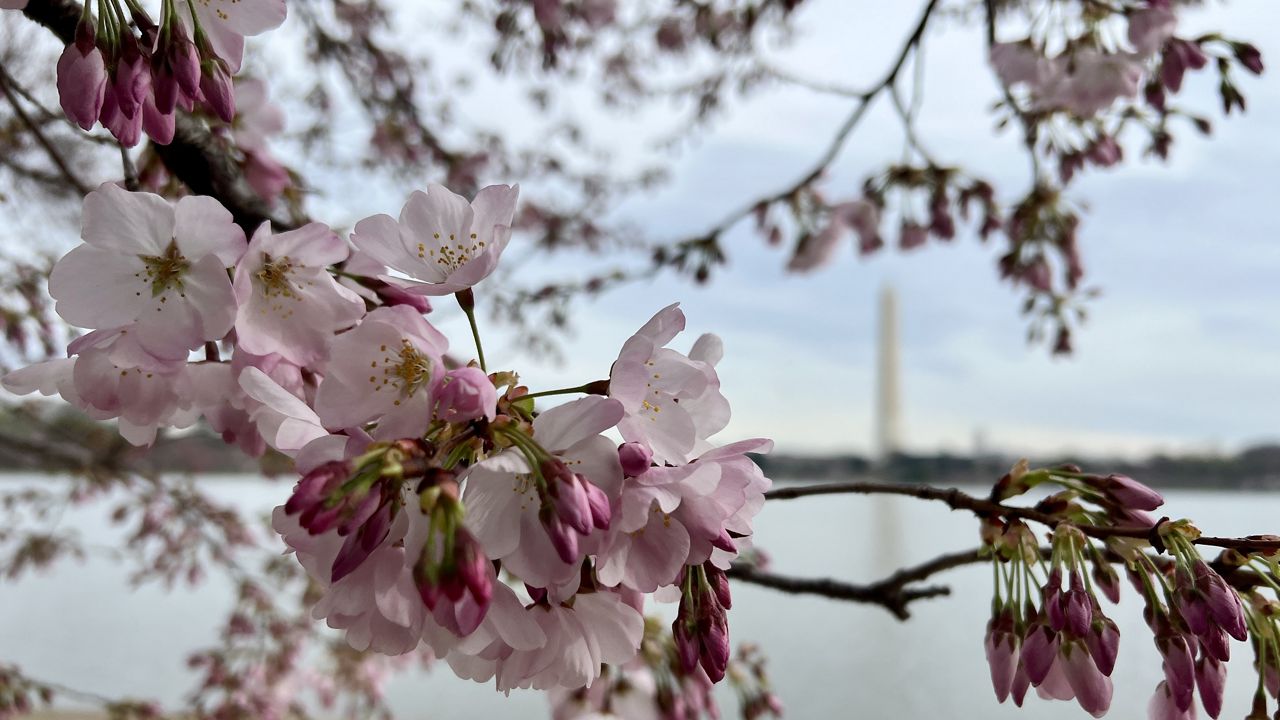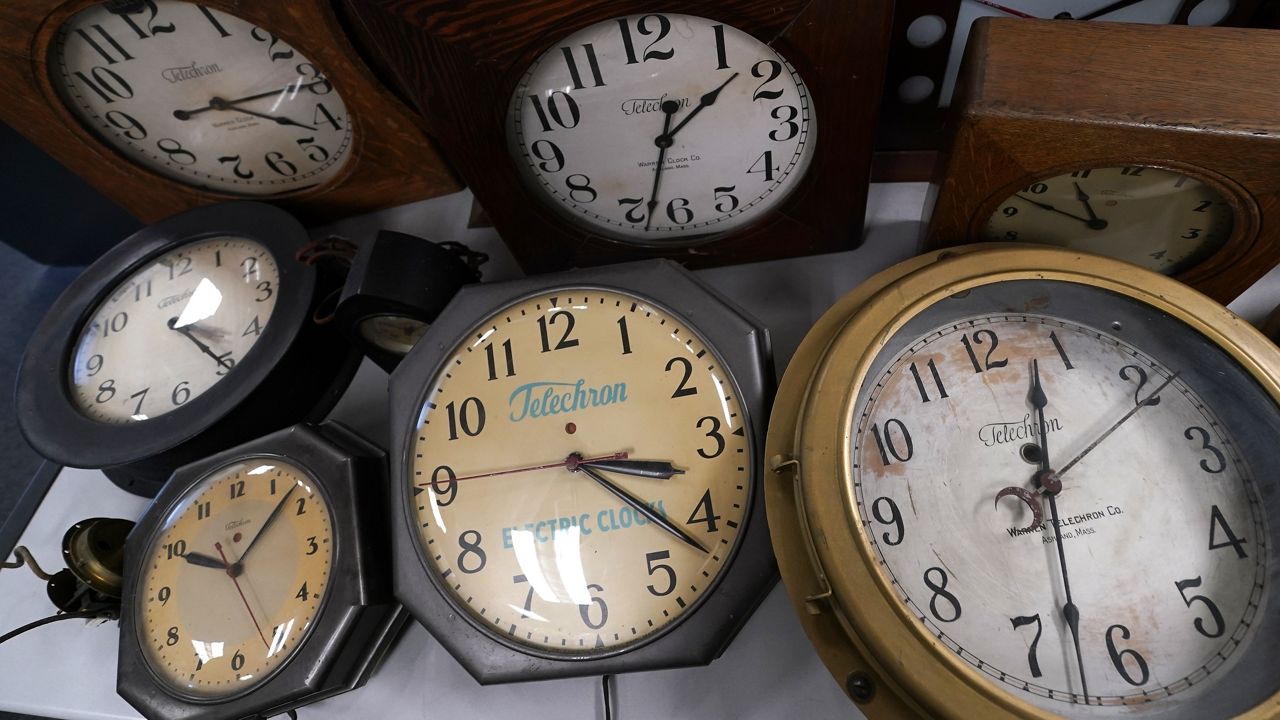October is National Breast Cancer Awareness Month. Breast cancer is the most common cancer facing women in the United States, and according to the American Cancer Society, more than 42,000 women are expected to die from the disease this year.
The White House is hoping to reduce that number through the Biden administration's cancer initiative.
The initiative, announced in February of 2022, aims to reduce the death rate from cancer by at least 50 percent over the next 25 years. It’s a broad effort, that includes early detection, research, and support for caregivers.
“We can make a huge difference by detecting cancer early, and especially breast cancer,” said Danielle Carnival, Deputy Assistant to the President for the Biden Cancer Moonshot. When breast cancer is found early, and in the localized stage, the five-year survival rate is 99%, according to the American Cancer Society. Carnival said more Americans now have these screenings covered by health insurance.
“We expanded those no-cost screenings, specifically for breast cancer, to any woman over 40,” Carnival said. “At least 10 million more Americans have access to that no-cost cancer screening than ever before.”
The administration is also teaming up with private companies, non-profits, and academic institutions to make it easier to get screened. Among them is Gabbi, a digital health company that offers breast cancer risk assessments via telehealth.
Gabbi’s CEO and founder, Kaitlin Christine, began the company after she lost her mom to breast cancer and suffered her own bout with the illness at age 24. Gabbi is named for her mother.
“First I thought the problem was our family’s genetics,” she explained. “But it turns out that actually it’s that women don’t know their risks, and in most circumstances, neither do their providers, which is why women aren’t getting the appropriate care at the appropriate time.”
The company provides patients with an online survey that identifies their risk of breast cancer, then connects them with a specialist via telehealth.
“Our mission is to eradicate late-stage breast cancer by ensuring every woman knows her risk and has access to early detection,” Christine said. Since partnering with the White House to get the word out, the company now reaches patients in 15 states.
But the White House acknowledges more needs to be done to combat cancer.
“We still have gaps in equity, in access to screening,” Carnival said. “We've really made progress in closing those but there's still more to do.”
At a recent Cabinet meeting, first lady Jill Biden called attention to gaps in women’s health research.
“Women's health is under-studied, and research is under-funded, and we still know too little about how to effectively prevent, diagnose and treat a range of health conditions in women from heart disease to cancers,” she said. At that meeting, she said she’s seen progress over the last year. She commended agencies for committing hundreds of millions of dollars to spur research and innovation.
Even though President Joe Biden will leave office when his term ends in January, Carnival says the work of the Biden Cancer Moonshot will continue.
“The good news is that cancer and the fight against cancer has been a bipartisan issue for decades,” she said. “the work that the President has really led and spearheaded will continue through a transition that we know is coming.”
The American Association of Radiology recommends every woman have her breast cancer risk assessed by the age of 25. Depending on risk, some women may need regular screenings before the age of 40.






